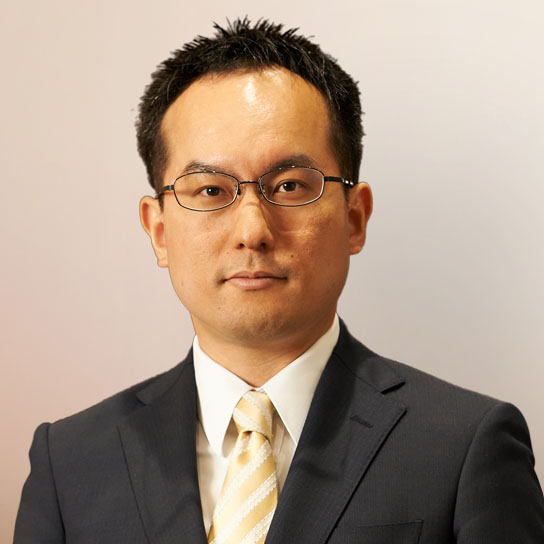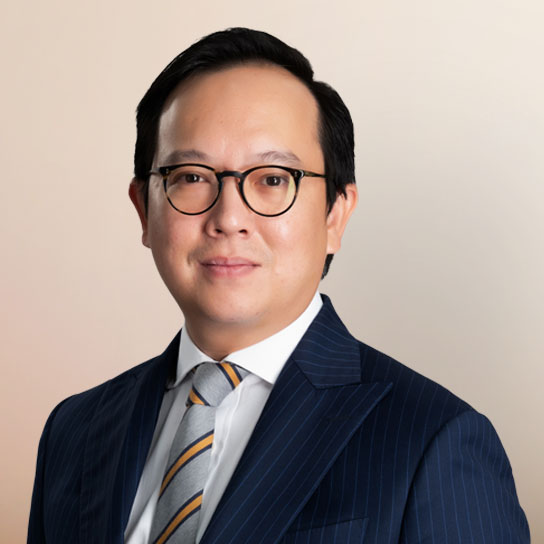- Natural Resources & Energy
Thailand’s Regulatory Framework for Waste to Energy Projects
To encourage and promote the deployment of renewable energy, Thailand has established the Alternative Energy Development Plan: AEDP 2015 - 2036 (“AEDP 2015”) which sets out a policy to source 20 percent of net electrical energy demand from renewable sources by 2036 and sets a target of 500 megawatts capacity of generation from municipal solid waste (“MSW”). However, with the uptrend in renewable energy generation and consumption, the AEDP 2015 was updated in 2020 by the Alternative Energy Development Plan: AEDP 2018 - 2037 (“AEDP 2018”) to increase the share of renewable energy to 30 percent of net electrical energy demand from renewable sources by 2037 and add 400 megawatts to the targeted capacity for generation from MSW. Although waste…To read the full article, please see the PDF file
-
Natural Resources & Energy Newsletter (May 26, 2021) (850 KB / 4 pages)
Download PDF [851 KB]









Sadayuki has a wealth of experience in supporting international clients in projects, transactions, and businesses in the energy sector. Sadayuki advises his clients on the best solutions for achieving their business goals based on his deep understanding of the relevant laws and regulations and practices in the full energy supply chain. He also has expertise in carbon-neutral projects and businesses, such as renewable power projects and hydrogen projects, as well as pioneering businesses involved in recent developments in the electricity market and the regulations thereon. Sadayuki serves as a member of an industrial safety rules committee and a hydrogen safety strategy committee, both of which were established by the Ministry of Economy, Trade and Industry of Japan, and also is a member of an electricity capacity market committee, which is part of the Organization for Cross-regional Coordination of Transmission Operators, Japan (OCCTO).